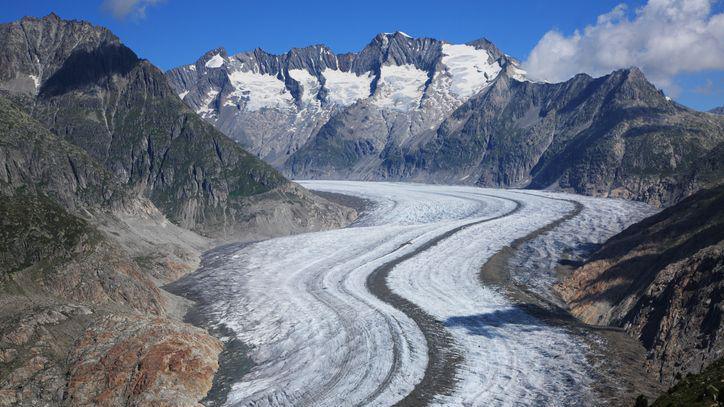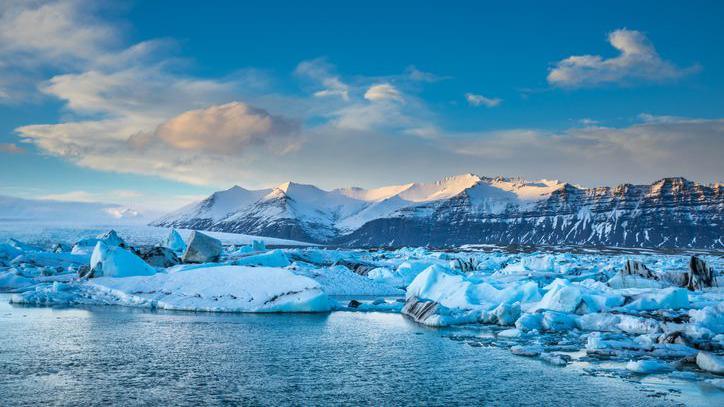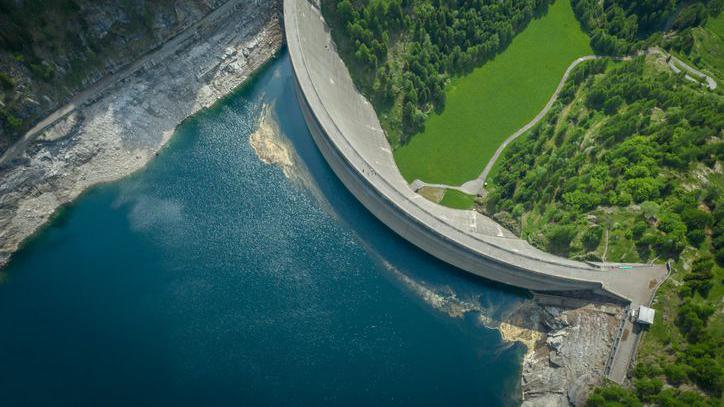World's glaciers melting at record rate because of climate change, says study

- Published
Scientists say the world's glaciers are melting faster than ever recorded, as global temperatures continue to rise.
They believe that from 2000 to 2023, they have lost more than 6,500 billion tonnes of ice.
Experts say this has caused an almost 2 centimetre rise in sea level rise during this time.
Glaciers are natural indicators of climate change and play an important role in many communities, providing necessary water resources.
More like this
Greenland Ice Sheet is cracking quicker than scientists predicted
- Published4 February
World's largest iceberg on course for remote British island
- Published23 January
Venezuela loses last glacier
- Published8 May 2024
What did the scientists find?

The international team, led by the University of Edinburgh and University of Zurich in Switzerland, used glacier measurements as well as different types of satellite data to look into the scale and speed of ice melting.
They found that on average 273 billion tonnes of ice are being lost every year – that's the same amount as 30 years of water consumption by the entire world's population.
The rate of change in some regions has been particularly extreme.
For example, Central Europe has lost nearly 40% of its glacier ice since 2000.
Scientists also found an increase in the amount of ice lost over the past 10 years compared with the start of the century.
Glaciers take time to respond to a changing climate – anywhere between a few years and many decades, depending on their size.
That means they will continue to melt in the years ahead.

The team say that glaciers rank as the second-largest contributor to global sea-level rise, following ocean warming.
Stephen Plummer from the European Space Agency, who were also involved with the study, explained: "These findings are not only crucial for advancing our scientific understanding of global glacier changes, but also provide a valuable baseline to help regions address the challenges of managing scarce freshwater resources."
Experts say that glaciers are natural indicators of climate change and play an important role in providing water to many communities around the world, especially during dry seasons and helping to sustain hydropower energy.
